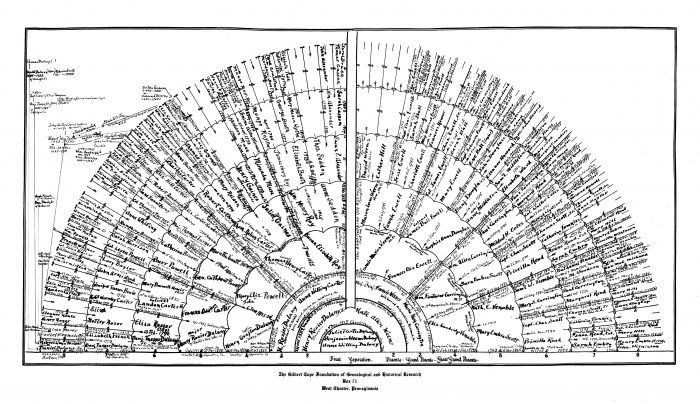What does Juneteenth mean to me?
That question has been on my mind all day. As someone whose DNA is 100% European, most people may think, “not much.” For people who follow this blog and know the research I have been focused on for the last few years, I bet the answer is different. When I think about Juneteenth in 2023, I think of family.
I’m not going to pretend that I know everything about the history, culture, and everything else that is Juneteenth. However, I do know that the institution of slavery and the people behind it tore families apart. I see Juneteenth as a celebration of reuniting families, especially after the Emancipation Proclamation, the events on June 19, 1865, in Texas.[1]and the 13th Amendment.
Last Friday night, sometime after midnight or 1am, I came across some marriage records in the Freedmen’s Bureau.[2] I had not seen these before, but I realized right away that these were special.
On Friday evenings, I go on Zoom with a few dozen other like-minded individuals, who are researching African Americans, to learn about the Freedmen’s Bureau. Not only do we learn, but we also have a great time. Dr. Shelley Murphy has been volunteering her Friday nights to lead the group for about 18 months now. I believe the group began as an offshoot from the MAAGI[3] in 2021. The Friday night event is called Freedmen’s Bureau Fridays.[4] These Zoom sessions can last well into Saturday morning.
It was like this last Friday/early Saturday when I discovered the marriage records. I didn’t make the connection until during the day today between the people listed in those marriage records and the Juneteenth holiday. The records are perfect examples of the reuniting of families upended by slavery and the Civil War. The marriage records are from the District of Columbia Freedmen’s Bureau Field Office.[5] These records show marriages of African Americans in Washington, D.C. between November 1866, and July 1867. Remarkably, they also show when, where, and who married the couple prior to this, usually when the couple was enslaved. Even though the laws prior to the Civil War did not allow civil marriages of African Americans, some were allowed to marry in religious services, while others married in secret. These records show how long some of these couples had to wait for their marriages to be recognized by the government. I spotted a union as early as 1815![6]

One of the biggest clues in these records are the locations listed in the “Former Residence” column. There are people from D.C., Maryland, and all over Virginia. This record might be the only record of a person’s existence prior to the Civil War.
The facing page (it’s like a book) has even more information. There is a column for “No. of Children.” Again, this might be the only known record for a couple’s children while they were enslaved. It is hard not to think about the possibility of some, if not all, of the children being separated from their parents.
However, I think these records, in a way, help to bring the family together again. Whether it be marriage records like these in the Freedmen’s Bureau, vital records of the enslaved listed in the enslaver’s family bible, or oral history brought down through the generations, what is important is family. Families were torn apart during slavery and beyond, too. I urge you to celebrate your family, no matter what your race, creed, or nationality. Let your ancestors know you remember them by “reuniting” them with their family through family history research. Spend some time this Juneteenth with your ancestors and family.
[1] https://en.wikipedia.org/wiki/Juneteenth
[2] https://www.familysearch.org/en/info/freedmens-bureau-records
[3] https://www.maagiinstitute.org/
[4] See this page for more information and the Zoom registration link: https://www.facebook.com/people/Finding-the-Enslaved-Laborers-at-UVA/100063649637247/
[5] https://www.familysearch.org/search/image/index?owc=9J3J-MN1%3A1069294304%3Fcc%3D2333782
[6] Mathew Ender & Winnie Johnson from Caroline County, Virginia. No marriage ceremony performed in 1815. Five children from their union. Married in Washington, D.C. in April 1867 by Rev. M. V. Wright. https://www.familysearch.org/ark:/61903/1:1:Q2QV-TYWT

Great post to your blog, Joseph! I hope you continue this important research. Sorry i didn’t see this until now; I was in the field in Alaska and I’m still going through the email that piled up.
LikeLike
No worries! Glad you liked it. I hope you had a great trip.
LikeLike